Tai Chi, an ancient Chinese martial art, has gained popularity worldwide for its numerous health benefits. This article delves into the science behind Tai Chi, exploring how its gentle movements and meditative aspects can enhance physical and mental well-being. From improving balance and flexibility to reducing stress and anxiety, Tai Chi offers a holistic approach to health that can benefit individuals and families alike.
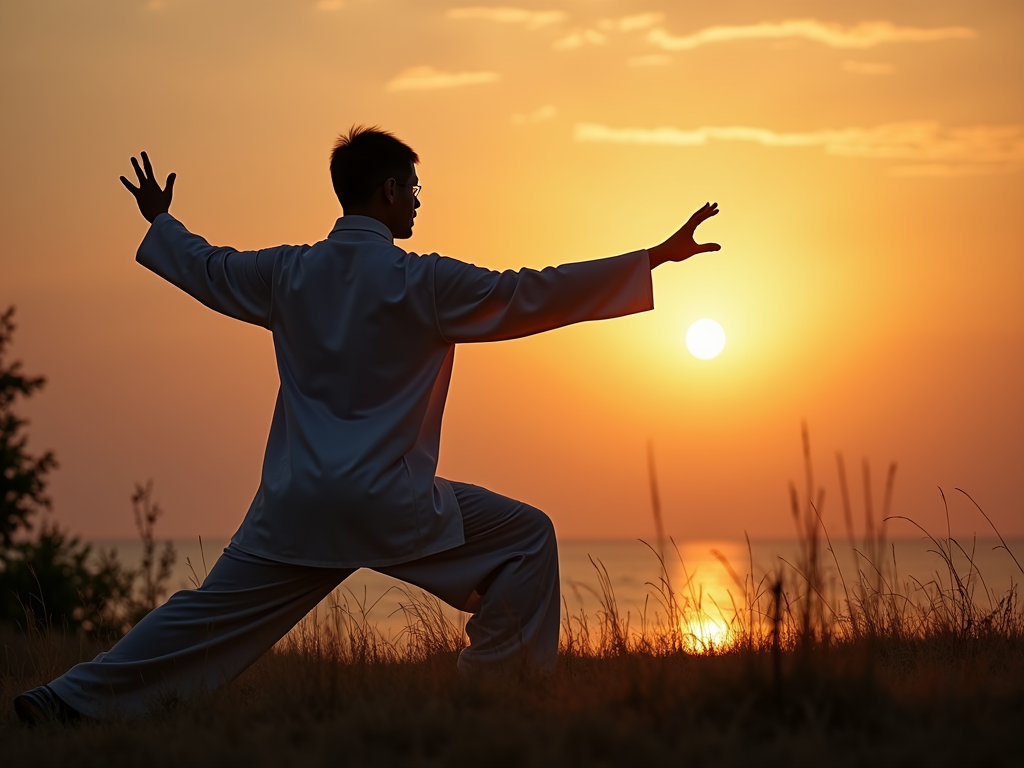
Introduction to Tai Chi
Tai Chi, often referred to as "moving meditation," is a mind-body practice that originated in China as a martial art. It involves a series of slow, flowing movements combined with deep breathing and mental focus. The practice is designed to cultivate and balance the body's vital energy, known as "qi" or "chi."
While Tai Chi has roots in martial arts, its modern practice is primarily focused on health and wellness. It is accessible to people of all ages and fitness levels, making it a popular choice for those seeking a low-impact exercise that promotes overall well-being.
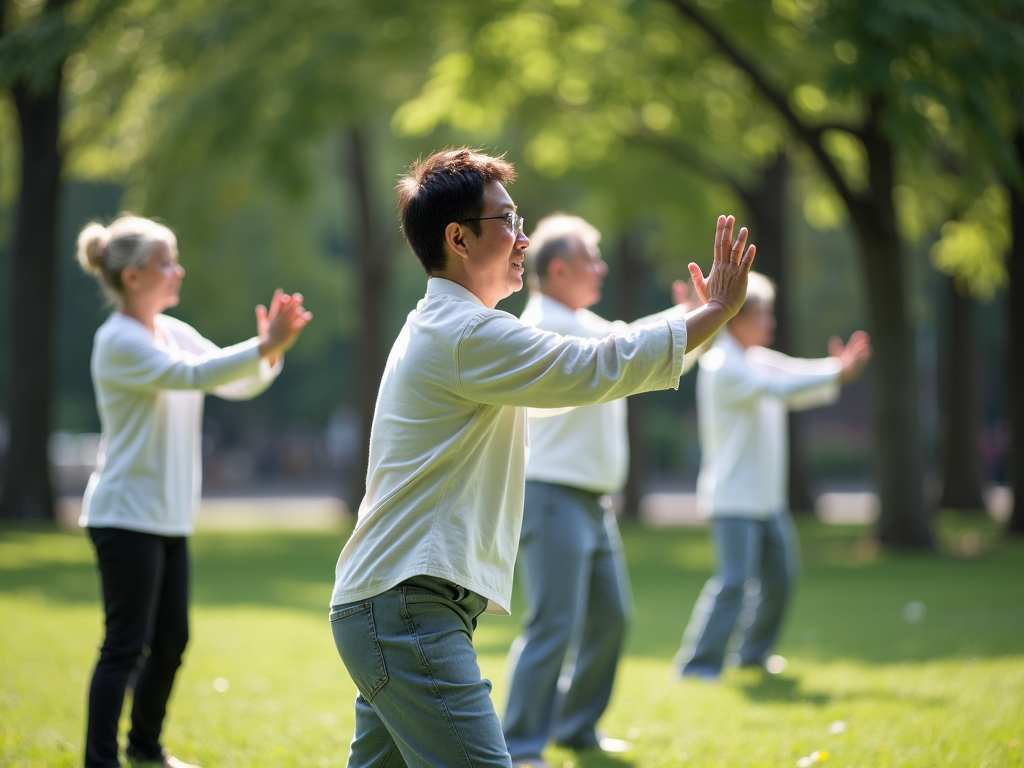
Physical Health Benefits
The physical benefits of Tai Chi are extensive and well-documented. One of the most significant advantages is improved balance and coordination, which can help prevent falls, especially in older adults. According to a study by the Harvard Medical School, Tai Chi can reduce the risk of falls by up to 45%. [Link to Harvard study]
Tai Chi also enhances flexibility and joint mobility. The gentle stretching and twisting movements help to loosen tight muscles and improve range of motion. This can be particularly beneficial for individuals with arthritis or other joint-related conditions.
Furthermore, Tai Chi has been shown to boost cardiovascular health. A study published in the Journal of Alternative and Complementary Medicine found that regular Tai Chi practice can lower blood pressure and improve heart function. [Link to study]
Other physical benefits include: - Increased muscle strength - Pain relief for conditions like arthritis - Improved posture and alignment
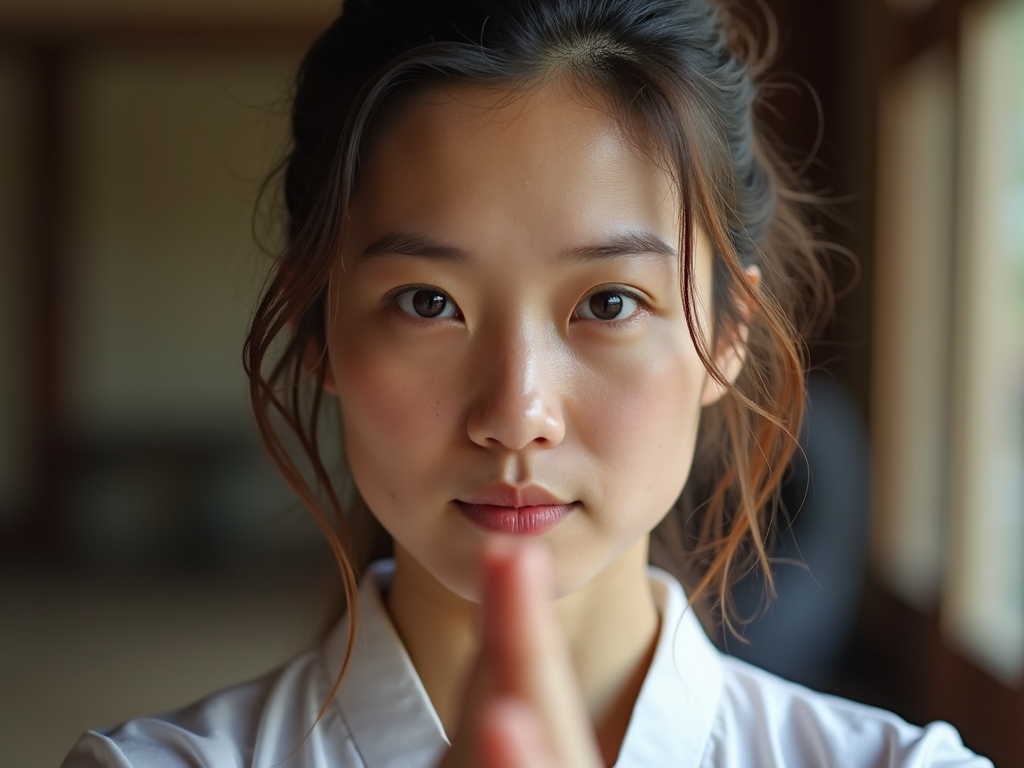
Mental Health Benefits
In addition to its physical benefits, Tai Chi is highly regarded for its positive impact on mental health. The practice incorporates elements of mindfulness and meditation, which can help reduce stress and anxiety. A systematic review published in the journal Frontiers in Psychiatry concluded that Tai Chi is an effective intervention for managing stress and improving psychological well-being. [Link to review]
Tai Chi also promotes better sleep quality. The relaxation techniques and gentle movements can help calm the mind and prepare the body for restful sleep. This is particularly beneficial for individuals who struggle with insomnia or other sleep disorders.
Moreover, Tai Chi can enhance cognitive function. Research has shown that regular practice can improve memory, attention, and executive function, especially in older adults. This may be due to the combination of physical activity, mental focus, and stress reduction that Tai Chi provides.
Key mental health benefits include: - Reduced stress and anxiety - Improved sleep quality - Enhanced cognitive function - Increased mindfulness and mental clarity
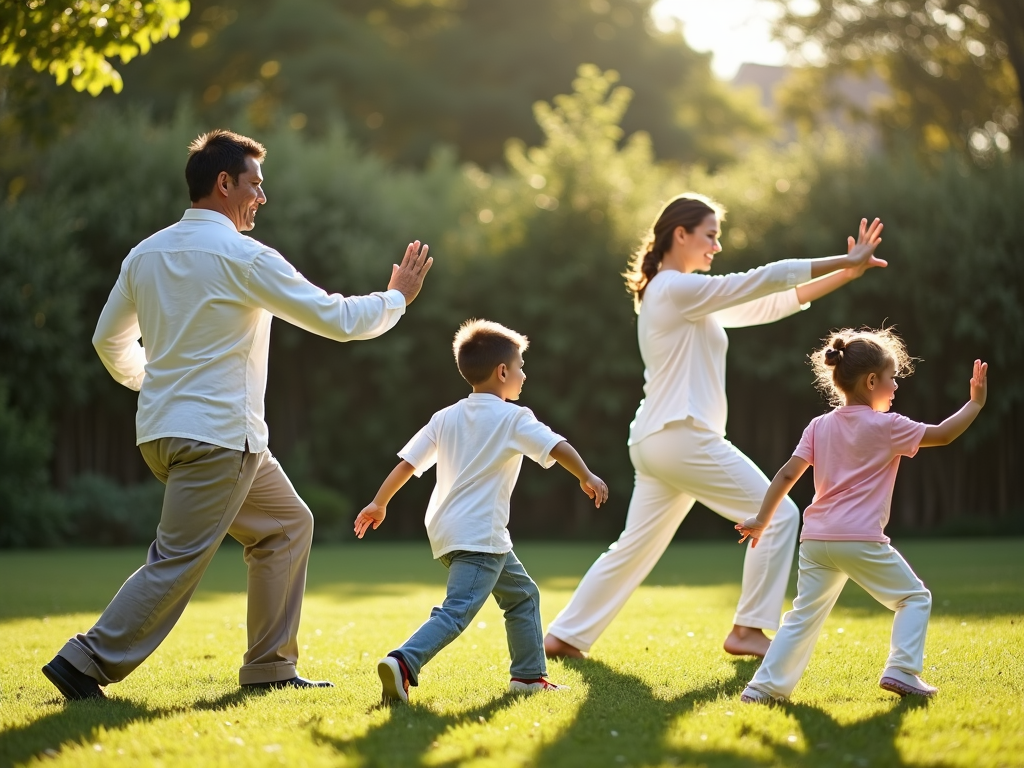
Tai Chi for Family Wellness
Practicing Tai Chi as a family can be a wonderful way to promote health and strengthen relationships. It provides an opportunity for family members to spend quality time together while engaging in a beneficial activity.
For parents, Tai Chi can serve as a stress-reliever and a way to model healthy behaviors for their children. By practicing together, parents can teach their kids the importance of physical activity and mindfulness from an early age.
Children can also benefit from Tai Chi. The practice can help them develop better concentration, discipline, and body awareness. Additionally, it can be a fun and engaging way for kids to stay active, especially if they are not interested in traditional sports.
Tai Chi can also be adapted to suit different family dynamics. For example, families can practice simplified forms that are easier for younger children or modify movements to accommodate different physical abilities.
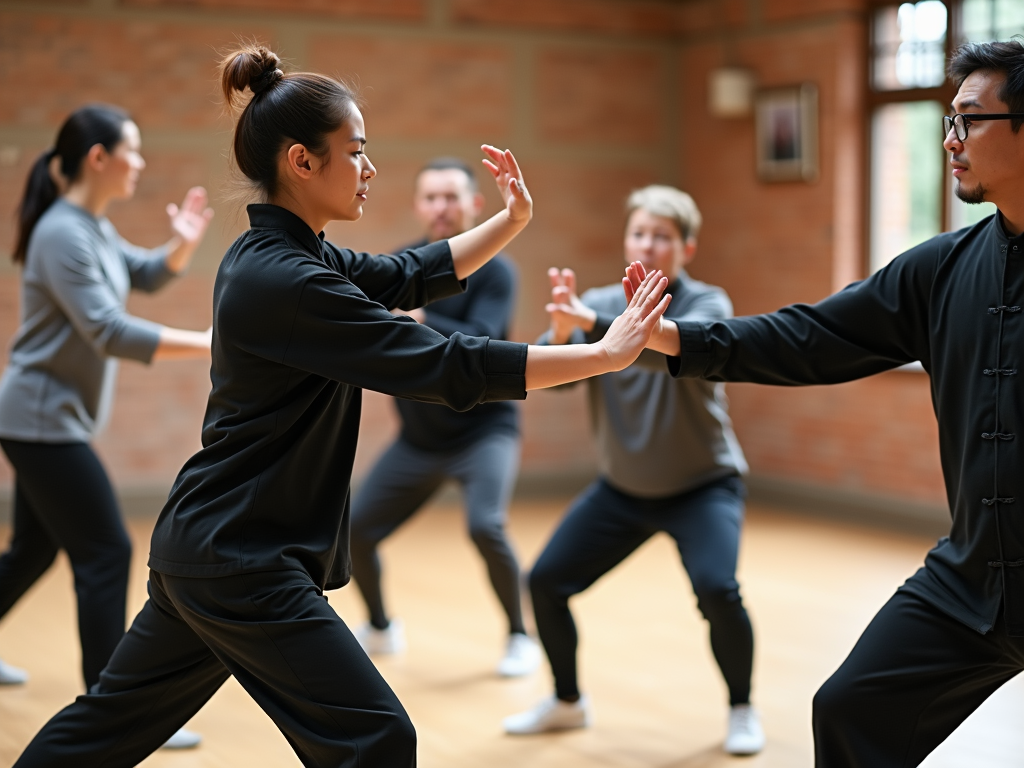
How to Get Started with Tai Chi
If you're new to Tai Chi, here are some steps to help you begin your journey:
-
Find a Qualified Instructor: Look for a certified Tai Chi teacher who can guide you through the basics. Many community centers, gyms, and martial arts studios offer Tai Chi classes. Alternatively, there are numerous online resources and virtual classes available.
-
Start with the Basics: Begin with simple movements and forms. Tai Chi is typically taught in a progressive manner, starting with foundational postures and gradually building up to more complex sequences.
-
Practice Regularly: Consistency is key to reaping the benefits of Tai Chi. Aim to practice for at least 20-30 minutes, several times a week. Even short, daily sessions can be beneficial.
-
Be Patient and Persistent: Tai Chi is a skill that takes time to master. Don't get discouraged if you find the movements challenging at first. Focus on the process and enjoy the journey.
-
Create a Peaceful Environment: Practice in a quiet, comfortable space where you can focus without distractions. If possible, practice outdoors to connect with nature.
Remember, Tai Chi is not about perfection; it's about the experience and the benefits it brings to your body and mind.
Summary
Tai Chi is a versatile and accessible practice that offers a multitude of health benefits, both physical and mental. Its gentle movements, combined with deep breathing and mindfulness, make it an ideal exercise for people of all ages and fitness levels. By incorporating Tai Chi into your routine, you can improve your balance, flexibility, cardiovascular health, and mental well-being. Moreover, practicing Tai Chi as a family can enhance overall wellness and strengthen family bonds. With its rich history and scientifically proven benefits, Tai Chi is truly a timeless art that continues to enrich lives around the world.
Discuss Here